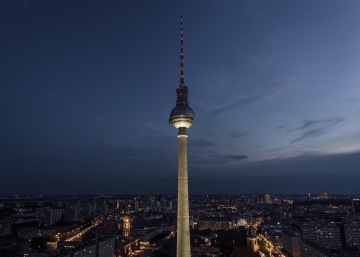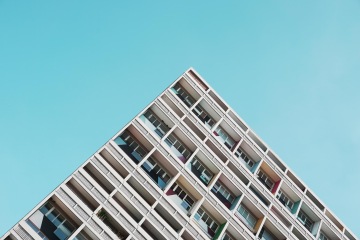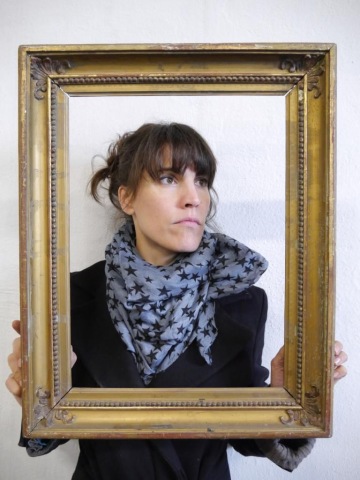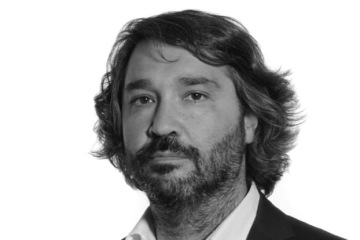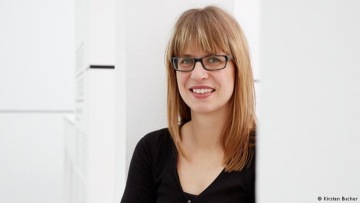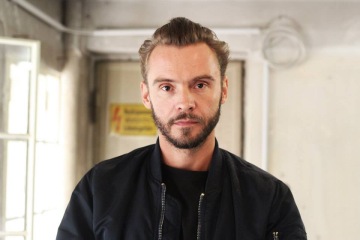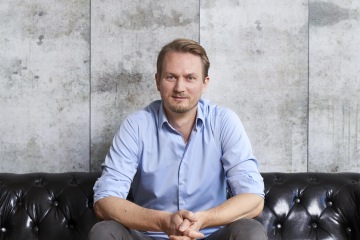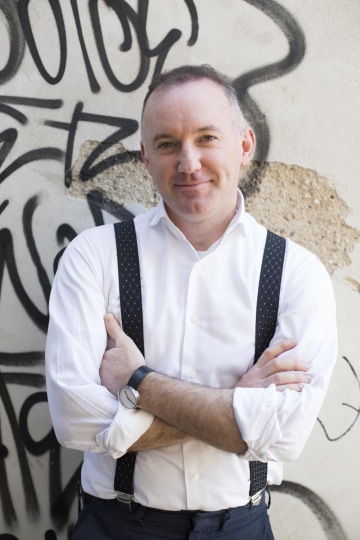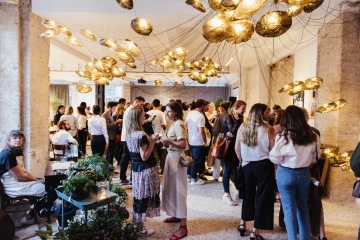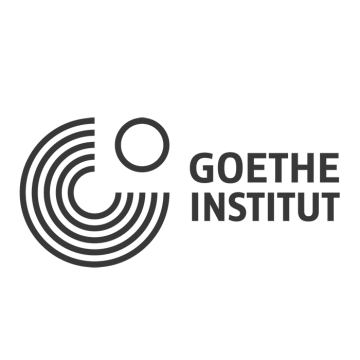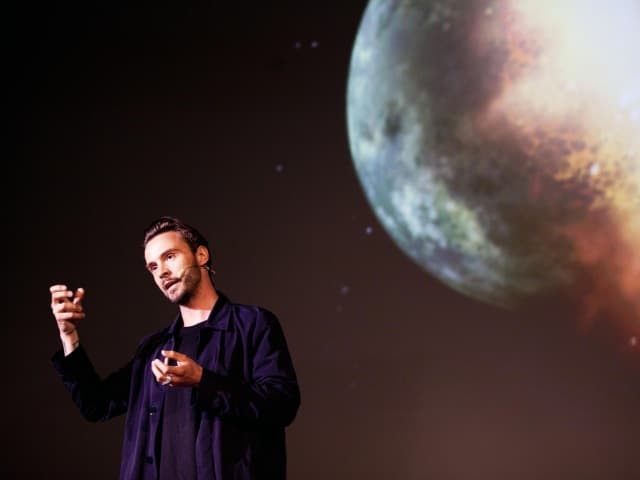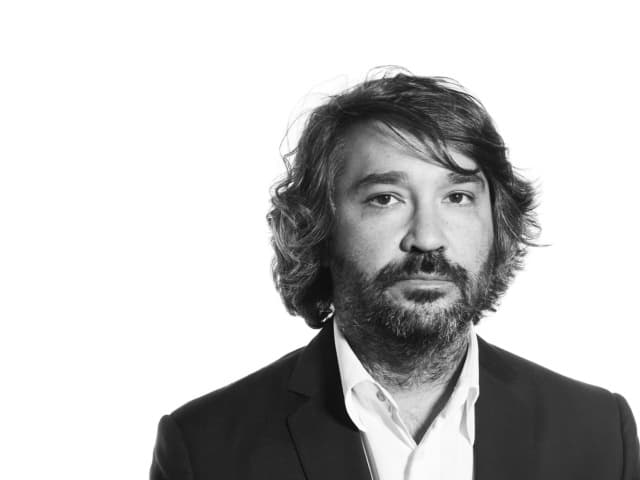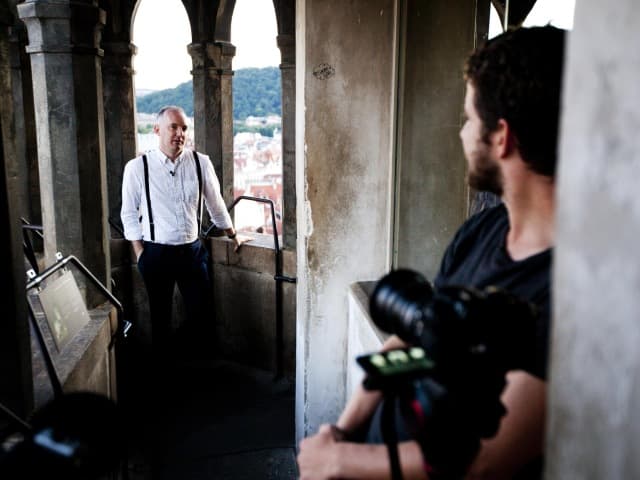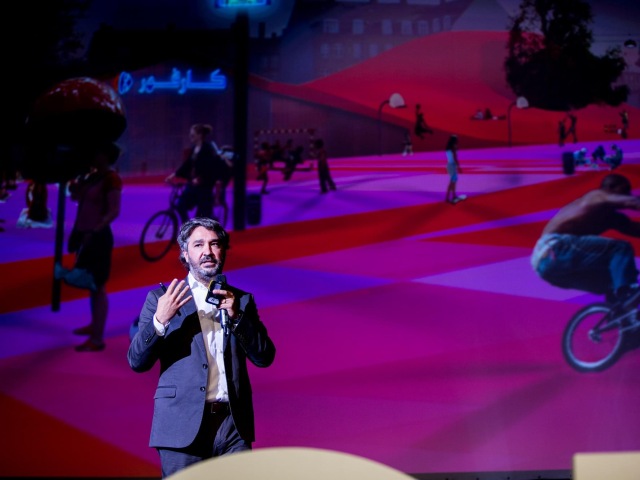My City / Your City: Constraints of the Collective
An Evening Salon & Party in partnership with Airbnb | Powered by reSITE in cooperation with Studio Lukas Feireiss and Goethe-Institut Prag
reSITE Salon Berlin
December 1, 2017
Free registration
“Every city strives from this diversity: It needs consensus as much as it needs conflict as its enabling forces.”
Join an evening salon and party discussing the constraints of the collective with influential artists, architects and thinkers, moderated by Lukas Feireiss.
The city as a commons is a shared resource that belongs to all of its inhabitants, and as such should be actively shaped by everyone, often considered a possible answer to rampant privatization and top-down decision making. When there is an “us”, there is always a “them,” and the threat of isola-tion for those not integrated or included.
Against this backdrop, our panel discussion will critically explore the design and experience of heterogeneous urban space that plays a crucial role in intelligently responding to the inherent plurality of the city. Four international thought leaders from arts and architecture will bring those questions into broader perspective.
1
Evening
6
International speakers
130
Guests
#reSITEBerlin #reSITEsalon
Join an exclusive event in a fascinating venue, FvF Friends Space in Berlin. Salon organized in partnership with Airbnb.
Venue
Friends Space | FvF, Glogauer Straße 2, Berlin, Germany
Walking or bike
Public transport
Driving
FvF is located on Glogauer Straße 2, in Kreuzberg-Berlin. And, Görlitzer Park is just nearby. So walking or biking to the venue will be pleasant.
- Subway: U1-Görlitzer Bahnhof
- Bus: M29
Parking space? You should figure this out... We don't suggest going there by car anyways.
Supported by
Related Talks
Why Architecture is Connected to Everything | reSITE City Talks
Lukas Feireiss founded Studio Lukas Feireiss as an interdisciplinary design firm, working on city development and improving the human environment, espcially in the urban realm. In this short talk, he discusses the importance of interdisciplinary work relating to architecture, referencing his work and his studio's mission in urbanism.
Martin Rein-Cano on Immigration and Public Space | reSITE City Talks
Martin Rein-Cano is a landscape architect based in Berlin who founded Topotek 1. He talks to reSITE about how migrants and refugees impact the culture of a city by making it multicultural and positively altering the development of the city.
Immigration, Integration + Inclusive City-Making | reSITE City Talks
Martin Barry founded reSITE in Prague in 2011 to gather a community of people concerned with urbanism and creating better cities. Through events encouraging collaboration, Martin has raised awareness of the need for better public space, housing transportation, and integration of migrants in cities.
Superkilen and Multicultural Public Spaces with Martin Rein-Cano
Landscape architect Martin Rein-Cano discusses the integration of migrant communities in design for multicultural cities, highlighting his Superkilen park in Copenhagen. By incorporating physical items from local immigrant communities, Rein-Cano sought to develop a built environment directly reflecting the neighborhoods that surround the public park.
